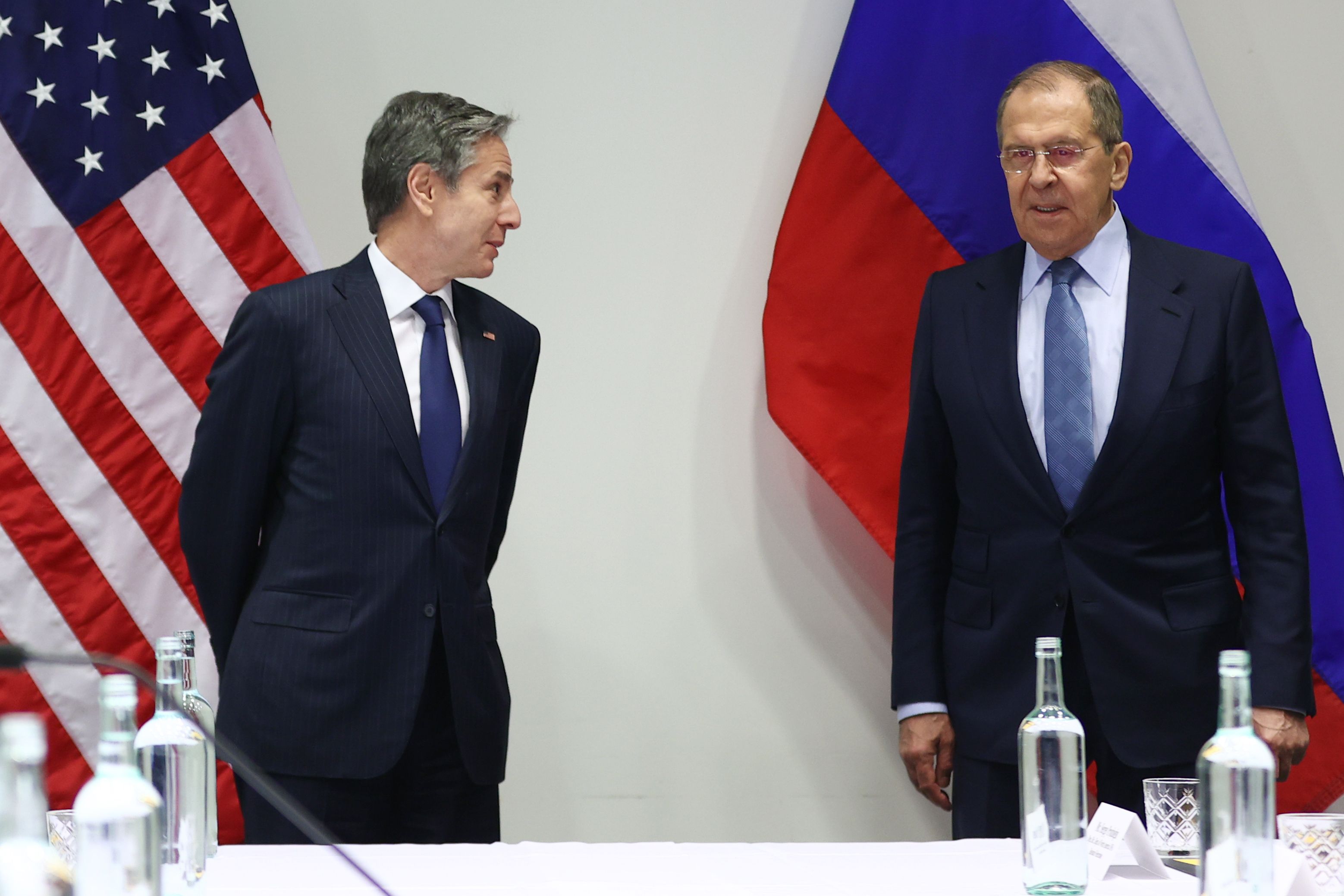Prospects for U.S.-Russia Relations after the Meeting between Blinken and Lavrov

What was the purpose of the meeting of the U.S. and Russian diplomacy chiefs?
The purpose was to talk about the prospects of U.S.-Russian cooperation in areas where it is possible to reconcile the interests of both countries: the fight against climate change, arms control and involvement in conflict resolution, the peace process in Afghanistan, and the curbing of Iran’s and North Korea’s nuclear programmes. Blinken voiced his opposition to Russia’s actions that threaten American interests and to Russian violations of human rights and international law. However, he stressed that the goal of the U.S. is to achieve “more stable and predictable” relations with Russia. The meeting was also the first preparatory step for a possible summit of presidents Joe Biden and Vladimir Putin, which is expected to take place in June.
What issues were not raised and why?
During the almost two-hour meeting, Blinken referred only to a limited extent to issues fundamental to U.S.-Russia relations and European security. He did not address the situation in the occupied Crimea and the Donbas, expressing only concern about the Russian military build-up on the border with Ukraine. He did not criticize Russia on its treatment of Alexei Navalny, nor for cyberattacks on U.S. infrastructure and previous interference in the election process. The issue of the Russian-German Nord Stream 2 gas pipeline was not raised, although during the meeting the State Department issued a decision to waive the application of sanctions imposed on some entities involved in the construction of the pipeline. Blinken signalled that the U.S. may move away from the harsh rhetoric towards Russia in the first weeks of Biden’s presidency if it can stabilise bilateral relations and facilitate Russia’s involvement in international initiatives important from the U.S. perspective, such as the nuclear deal with Iran.
What does the decision to waive the sanctions on Nord Stream 2 AG mean?
The decision to impose sanctions only on maritime units involved in the construction of the gas pipeline and entities managing them, and to refrain from imposing sanctions on the company responsible for the entire project, Nord Stream 2 AG, and its CEO, Matthias Warnig, is dictated by the desire to improve U.S.-German relations. By deciding to take such a step, the U.S. wants to involve Germany in comprehensive bilateral cooperation and in multilateral forums, aiming to build its position for better cooperation with the European Union. However, this is detrimental to the image of Biden, who has been criticised for making concessions to Russia by congressmen of both parties. Russia has indicated that it perceives the American decision as a good step towards improving bilateral relations. German Foreign Minister Heiko Maas described the Biden administration’s decision as a “constructive step”.
How will the Blinken-Lavrov meeting affect U.S. policy towards Russia?
The meeting was an introduction to the renewal of permanent diplomatic contacts. It demonstrated the U.S. approach to Russia on the condition of non-escalation. Biden will try to deter Russia from taking hostile actions, whether military, in cyberspace, sabotage, etc., against the U.S. and its allies, seeking to stabilise bilateral relations and engage Russia in cooperation on global issues. The decision on the pipeline, although dictated primarily by the desire to improve U.S.-German relations, shows that Biden is ready to make partial concessions to Russia when the damage to U.S. policy—in this case, undermining the goals of the Americans’ energy policy towards Europe—will be assessed as less than the potential benefits. In this context, the goal of U.S. policy might be reaching a new agreement on strategic arms control, which seems to be suggested by the announcement of the “preparation” of proposals for Biden and Putin in this regard.
What is the significance of U.S. actions for their allies?
The desire to improve relations with Germany should send a signal to the U.S. allies in NATO and the EU that the U.S. allows for the correction of certain assumptions in the announced directions of foreign policy. Despite not using the full spectrum of available sanctions against NS2, the Biden administration maintains that continues to oppose the pipeline. Although the prospects for blocking its construction are slim, the State Department noted that it would have mechanisms to prevent its certification. The possibility of imposing sanctions on gas consumers, if NS2 is launched, is also taken into account. This shows that the decisions of the American administration, unfavourable from the perspective of some allies, should not significantly change the approach to selected areas in the long term.


